Stakeholders say funding, capacity building critical to boosting small businesses
Some stakeholders have emphasised the need for improved funding, capacity building, and a shift in mindset of Micro Small and Medium Enterprises in the country.
The stakeholders spoke as panellists at the ongoing 2024 National MSME Conference organised by the Small and Medium Enterprises Development Agency on Friday in Abuja.
The conference was with the theme “Grow Nigerian: Sustaining a digital and innovation driven economy.”
The stakeholders, while speaking on their challenges, urged MSMEs to restrategise to boost exports and enable them to contribute more to the nation’s Gross Domestic Product.
The Managing Director of Nigeria Export Import Bank, Abba Bello, said that the problem of funding for small businesses was risk, as funding followed where risk was mitigated.
Mr Bello said that to scale up, MSMEs needed to reorganise themselves, ensure that they are well structured and try to build capacity for their businesses.
He said, “With that, we start reducing the risk factor. But beyond the SMEs, there are also risks that are associated with export on its own. But beyond that, we have identified that there are production, capacity and standardisation challenges associated with exports. And working together with other agencies and governments, NEXIM has tried to see how we can mitigate those challenges to enable MSMEs to operate smoothly across the globe.’’
The Executive Director, Nigerian Export Promotion Council, Nonye Ayeni, restated the importance for MSMEs to engage in capacity building and value addition in product exports.
“We need to build capacity, understand the rudiments of the game, ensure standards, think value addition, build financial muscle, derisk our business and work with institutions that will help us access funding. We need to work in clusters, pull resources to strengthen your capabilities, get connected to agencies that can groom you on the requirements for exports. The market is there but consistency is what is required. So you must scale up production to be able to scale through,” Ayeni said.
Also speaking, the Comptroller-General, Nigeria Customs Service, Bashir Adeniyi, reiterated the crucial role the MSME sector played in national development, urging agencies and governments to support it.
According to Mr Adeniyi, the driver of change in export charges is mainly the exchange rates.
“And this goes beyond what customs alone can do. It is something that cuts across. One thing customs has done to address this is the advance ruling, which helps you to get some kind of decisions, especially tariff decisions that are binding. So if you are importing something and you are expecting it in six months from now, six months ahead, you can apply for a tariff decision on that kind of importation. And then, customs will give you the tariff that will be applicable on this kind of importation which will be binding, not only on you, the importer, but also on the customs. We cannot vary the decision that we are giving to you when you use that kind of tool,” he said.
Reiterating the commitment of the service to the sector, Mr Adeniyi said that customs were making efforts to streamline the processes and provide clarity on regulations.
Meanwhile, Senior Trade Expert, African Continental Free Trade Area, Olusegun Olutayo, said that the AfCFTA initiative offered unprecedented opportunities for market access.
He urged MSMEs to leverage the resources and opportunities available to them through AfCFTA to grow their businesses.
The conference which commenced on October 3 will end on October 5.
(NAN)
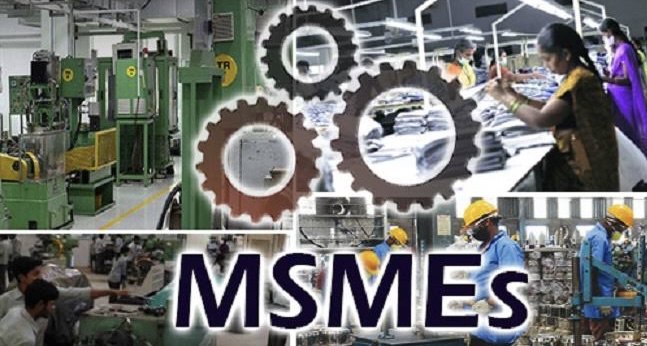
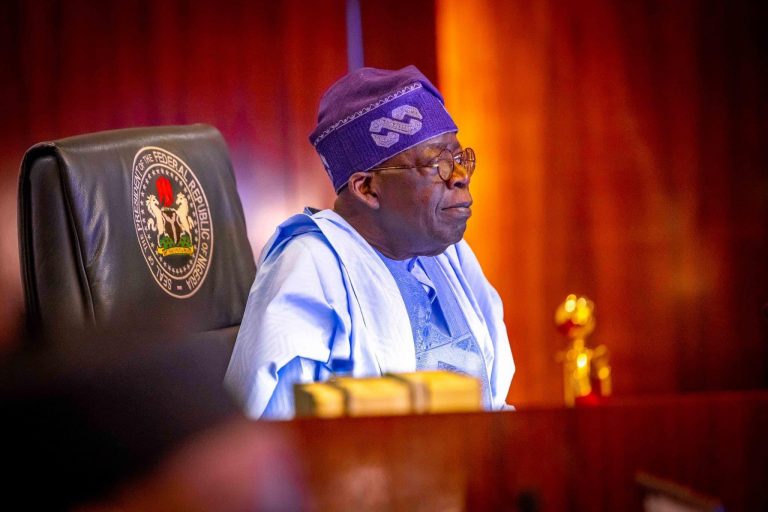

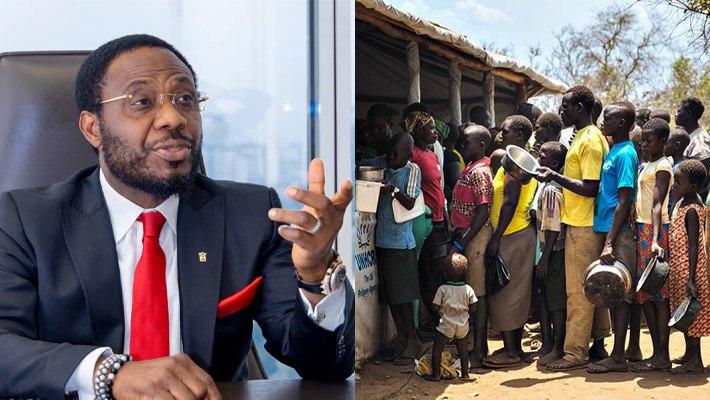


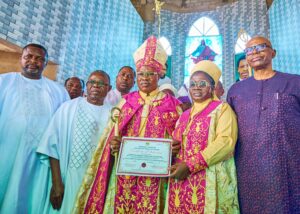



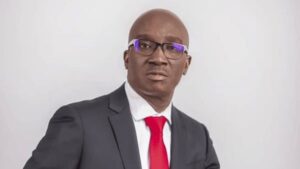



Post Comment